FDA Postpones Decisions on High-Profile Marketing Applications
The much anticipated deadline for the U.S. Food and Drug Administration to decide on millions of premarket tobacco product applications (PMTAs) passed without bringing the clarity about the future of tobacco harm reduction that many health advocates and industry representatives had hoped for.
On Sept. 9, the agency issued marketing denial orders (MDOs) to more than 130 companies requiring them to pull an estimated 946,000 products from the market. However, despite a court order to complete the PMTA review process by that date, the FDA failed to make decisions on some of the bestselling vapor products on the U.S. market.
There were no updates on high-profile submissions, such as those submitted by Juul Labs, Reynolds American Inc. and Japan Tobacco International. The agency also offered no response to any submitted open-system hardware products or tobacco-flavored e-liquids.
“We continue to work expeditiously on the remaining applications that were submitted by the court’s Sept. 9, 2020, deadline, many of which are in the final stages of review,” acting FDA Commissioner Janet Woodcock and FDA Center for Tobacco Products Director Mitch Zeller wrote in a joint statement.
Interestingly, the agency saw fit to issue marketing orders for more than 350 combustible tobacco products under the standard equivalency pathway, many of which, hookah tobacco for example, are flavored tobacco products. All of the issued MDOs were for flavored electronic nicotine-delivery systems (ENDS) products.
“This looks like being a public health own-goal of historic proportions,” Jonathan Foulds, professor of public health sciences and psychiatry at the Penn State University College of Medicine, wrote on Twitter. “Will be interesting to see whether the stock value of cigarette manufacturers goes up.”
Amanda Wheeler, president of the American Vapor Manufacturers Association, noted that the FDA ruling criminalizes thousands of longstanding businesses across the United States. “Those entrepreneurs have to junk their inventories, fire their employees and stiff their investors,” she said during the recent GTNF conference in London.
Vuse owner BAT, for its part, was sanguine. “We remain confident in the quality of our applications, which are supported by scientific evidence that our Vuse and Velo products are appropriate for the protection of public health,” the company wrote in a statement.
Vapor industry representatives have long complained that the PMTA system favors big players. In 2019 court filings, the Vapor Technology Association noted the expenses greatly exceeded the $300,000 to $500,000 per product that the FDA estimated in its regulatory impact analysis. Such a burden, say critics, can be borne only by the best-resourced players—i.e., the established tobacco companies.
Meanwhile, MDO recipients have started looking for ways to continue serving their customers, with some of them turning to synthetic nicotine. The FDA currently defines a “tobacco product” as anything “made or derived from tobacco that is intended for human consumption, including any component, part or accessory of a tobacco product.”
Whether the FDA will allow products with synthetic nicotine to remain on the market remains to be seen. Eric Lindblom, a senior scholar at Georgetown’s O’Neill Institute for National and Global Health Law and a former director of the FDA’s Center for Tobacco Products Office of Policy, suggested that as more vapor companies move in this direction, the FDA could either assert jurisdiction over synthetic nicotine as a tobacco product or push for synthetic nicotine to be regulated like any other drug.
How the ENDS market will evolve from here is anyone’s guess. Since the Sept. 9 deadline, the FDA has continued issuing MDOs, including to products submitted by prominent companies such as Turning Point Brands, Avail Vapor and Bidi Vapor. At press time, the number of MDOs exceeded 1.16 million products from 323 companies.
A big question is whether the agency will grant marketing orders to the applications submitted by the market leaders. Previously, the FDA had indicated it would prioritize those products because doing so would have the greatest impact on the market. Even in the wake of substantial share losses, Juul alone still accounts for 40 percent of the U.S. vaping market.
Whatever happens, the FDA is certain to catch flak from industry critics and vapor companies alike. At GTNF, Wheeler announced a public campaign. “We will be at FDA’s doorstep demanding answers or forcing them through freedom-of-information laws and in the courts,” she said. “We are not going to sit still while the FDA endangers our health, crushes our livelihoods and treats the American people like gullible idiots.”
The Campaign for Tobacco-Free Kids (CTFK), which helped set the Sept. 20, 2021, deadline through litigation, hinted it might resume legal action to have the court enforce its order requiring the FDA to begin to remove unauthorized products.
“While FDA has said it has ruled on 93 percent of the applications, it hasn’t ruled on the products that have driven the youth e-cigarette epidemic,” said CTFK President Matthew Myers. “Every day those products remain on the market, our kids remain in jeopardy.”
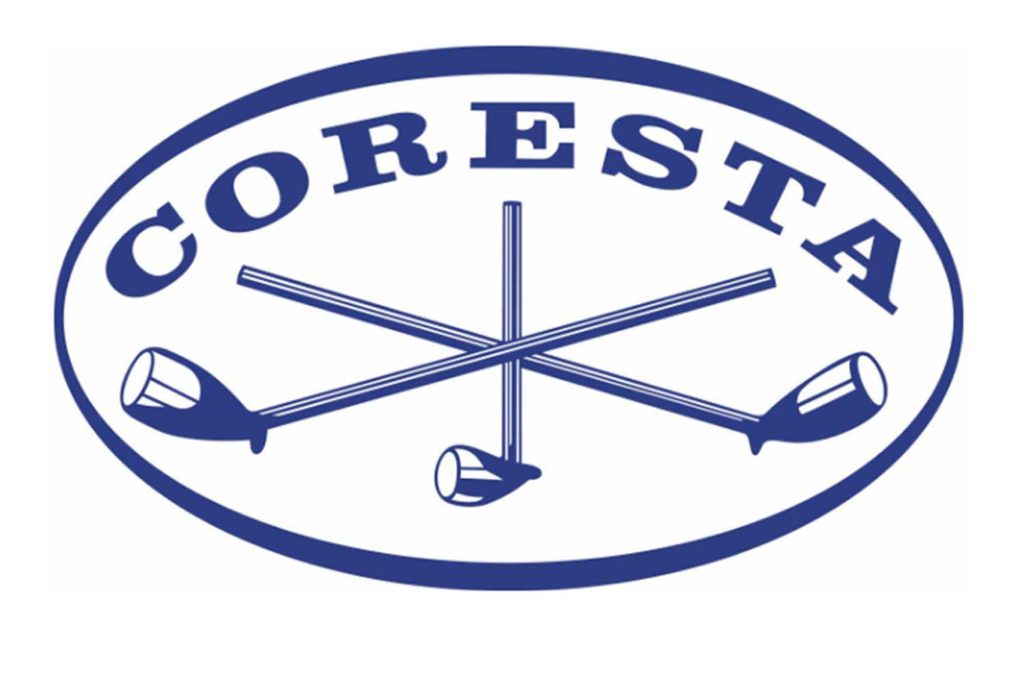

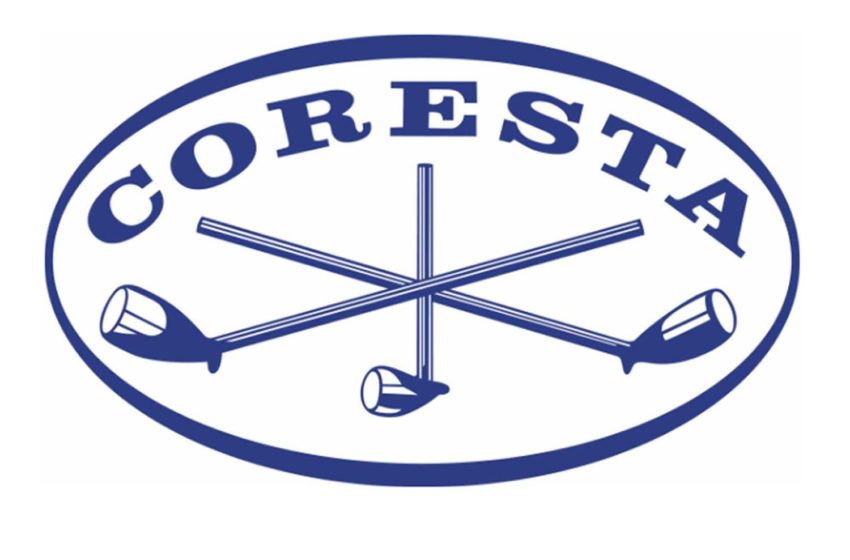






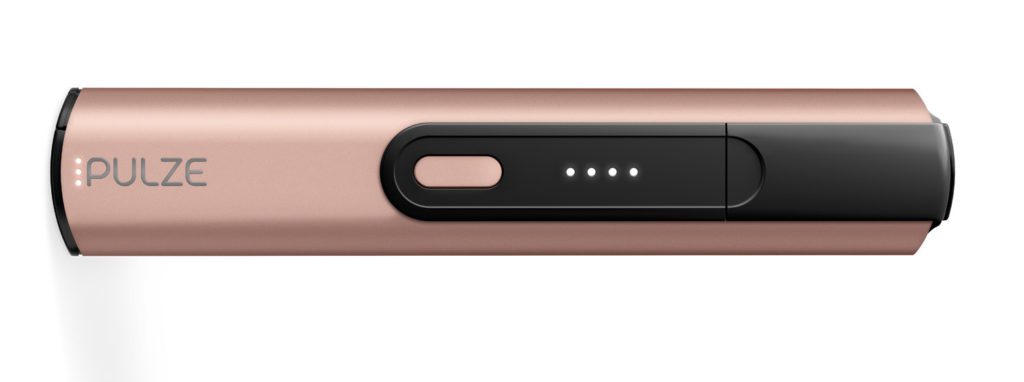
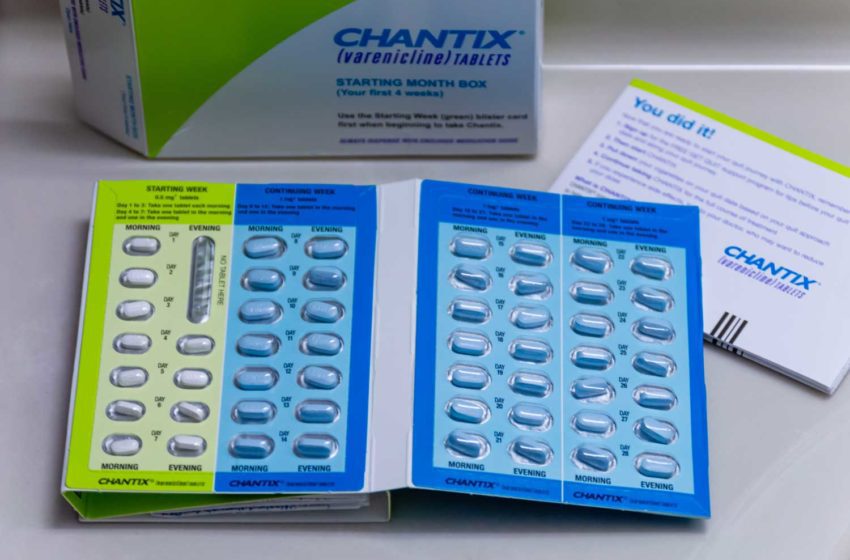
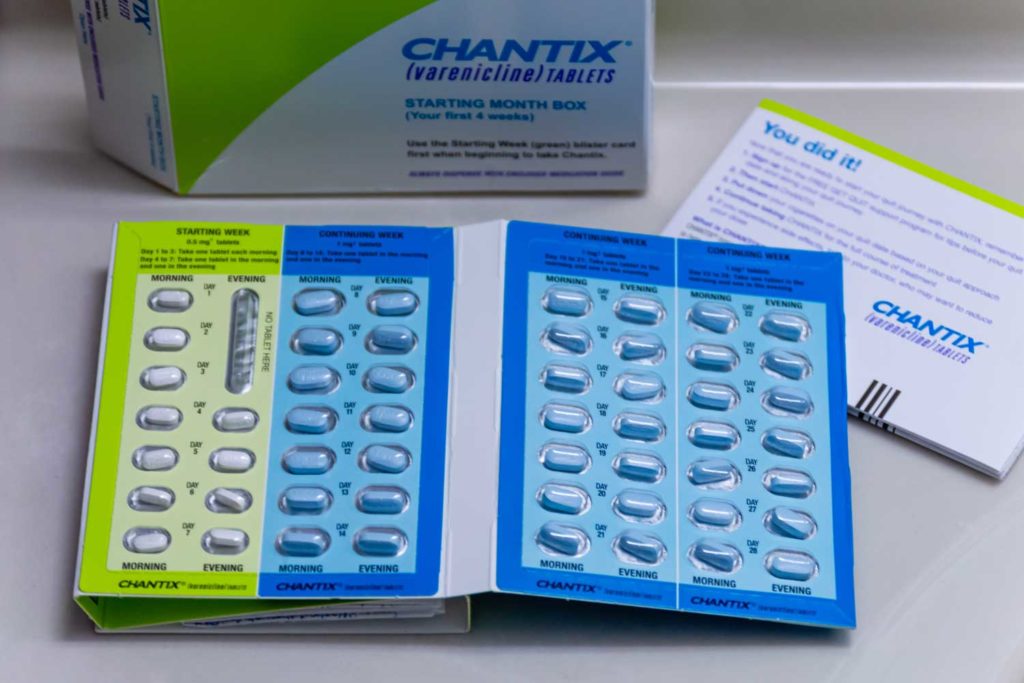






 The U.S. Food and Drug Administration Center for Tobacco Products has published two new tobacco compliance webinars—one on the
The U.S. Food and Drug Administration Center for Tobacco Products has published two new tobacco compliance webinars—one on the 
